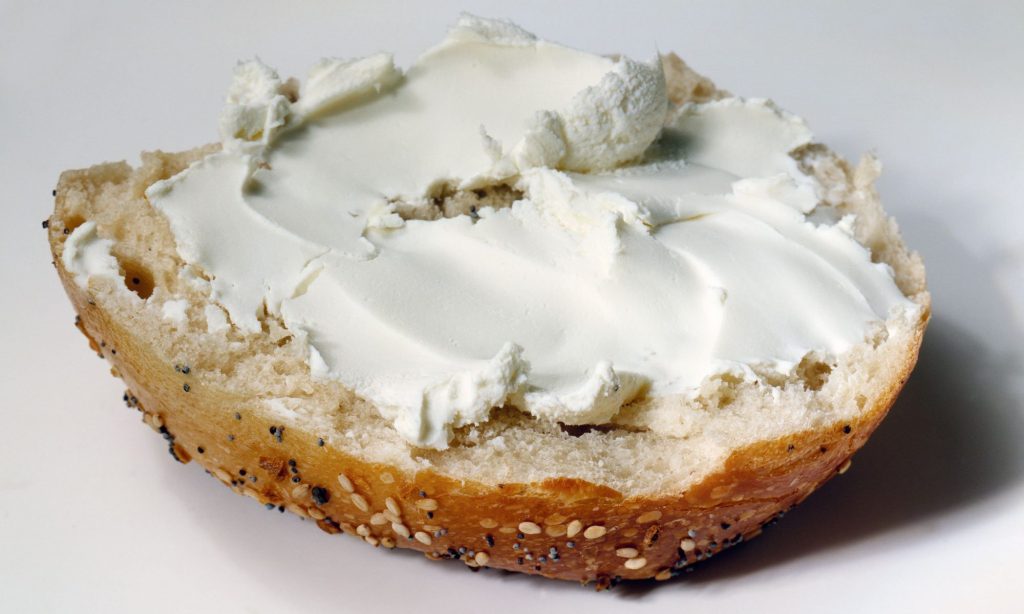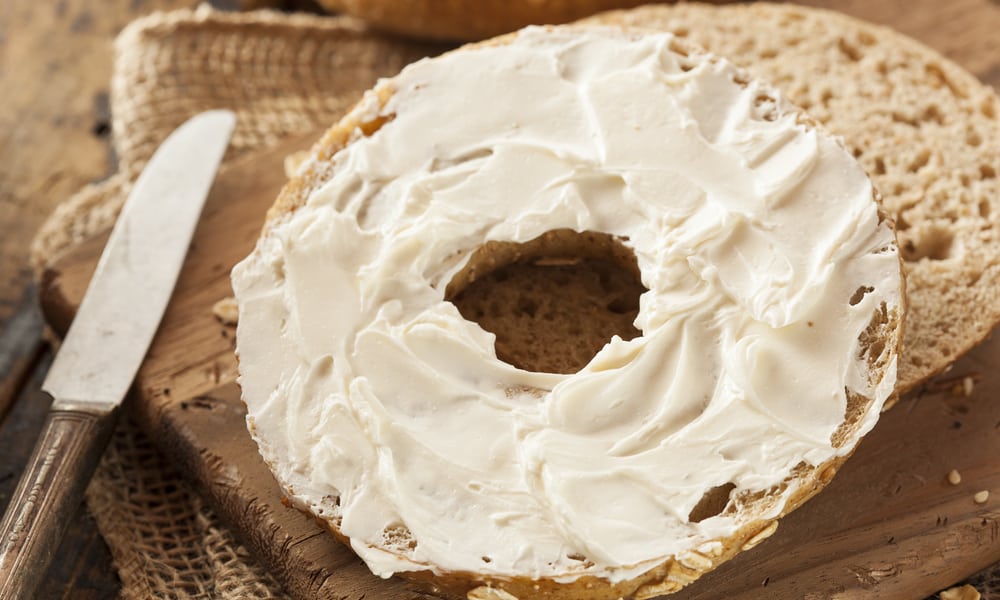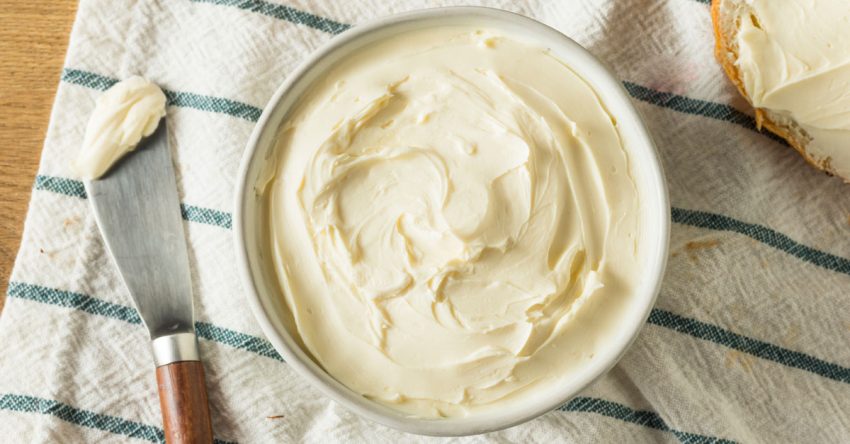Are cream cheese and soft cheese interchangeable? If you’ve ever found yourself pondering this dairy dilemma, you’re not alone.
In the world of culinary delights, it’s easy to confuse the two, but understanding the distinctions between cream cheese and soft cheese is crucial for both seasoned chefs and home cooks alike.
No, They are not equivalent. Cream cheese is a soft cheese that can be spread and has a creamy texture. It is typically used in desserts. Conversely, soft cheese, which is typically prepared from raw milk, includes a variety of soft-textured cheeses such as goat cheese, Brie, and Camembert.
In this article, you’ll explore those differences, making it easy for you to take your cooking to the next level.
Texture and Consistency Unveiled: Cream Cheese vs. Soft Cheese Explained

Cream Cheese
- Cream cheese is known for its exceptionally creamy and smooth texture.
- It is soft and spreadable at room temperature, making it easy to use in various recipes.
- The consistency is homogenous and without any significant graininess or crumbliness.
Soft Cheese
- It encompasses a wide range of textures, which can vary significantly based on the type. However, it is a specific type of fresh cheese, typically containing 33% fat and having a moisture content of 55% or less.
- Some soft cheeses, like Brie and Camembert, are also creamy and spreadable, akin to cream cheese.
- However, others, such as feta, goat cheese, or blue cheese, can be crumbly or slightly firmer.
- The texture can also depend on the aging process, with longer-aged soft cheeses developing a firmer texture.
Profiles Unveiled: Flavor Variations
Cream Cheese
- It has a mild and slightly tangy flavor.
- The tanginess comes from the fermentation process during production.
- Also, Its mildness makes it versatile, as it can be used as a neutral base for both sweet and savory dishes.
- Further, can be sweetened or flavored with ingredients like sugar, herbs, spices, or fruits to suit different recipes.
Soft Cheese
- It comes in a wide range of flavors, and the specific flavor profile depends on the type.
- Some soft cheeses, like Brie and Camembert, have a mild, creamy, and slightly earthy flavor.
- Others, such as blue cheese, are known for their pungent and sharp taste.
- Varieties like feta and goat cheese may have a tangy or salty flavor, while others can be infused with herbs or spices, offering unique and distinct tastes.
Culinary Uses Unveiled In The Kitchen
Cream Cheese
- It is a classic spread for bagels, often paired with various toppings like smoked salmon, vegetables, or fruit.
- It is a primary ingredient in the preparation of cheesecakes, contributing to their creamy and rich texture.
- Frosting is widely used in baking, especially for carrot and red velvet cakes.
- It is used as a base for savory dips and spreads, including herbs, spices, or other ingredients for flavor.
Soft Cheese
- Soft cheeses, such as goat cheese or feta, can be crumbled or sliced and added to salads to provide creamy or tangy accents.
- Various sare often included on cheese platters, where their diverse textures and flavors can be paired with fruits, nuts, and crackers.
- Some are incorporated into baked dishes, like quiches, tarts, or stuffed pastries.
- The majority of them, particularly Brie or Camembert, are well served cold with bread or crackers or as an accompaniment to a cheese board.
Aging and Production
Cream Cheese
- Cream cheese is typically not aged for an extended period.
- It is usually considered a fresh cheese, designed for immediate consumption.
- The production process is relatively quick, involving pasteurization, coagulation, and minimal aging.
Soft Cheese
- They vary in their aging periods, and this significantly affects their flavor and texture.
- Some soft cheeses, like Brie and Camembert, are aged for several weeks or even longer. During this time, they developed a creamy interior and distinctive flavors.
- Others, such as fresh goat cheese or cream cheese varieties with added flavors, may not be aged at all and are meant to be consumed shortly after production.
Common Traits of Cream Cheese and Soft Cheeses

Both share a smooth, creamy texture, ideal for spreading on bread or using as a dip. They’re primarily dairy-based, typically crafted from cow’s milk, sometimes enriched with cream for added richness.
In addition, these cheeses boast a mild, neutral flavor, making them adaptable in sweet and savory recipes. Their versatility extends to various dishes, from appetizers to desserts, and they melt well, perfect for cheesecakes or creamy pasta sauces.
Lastly, Immense taste combinations are possible with all kinds of cheese since they blend well with fruits, nuts, herbs, and spices. They have a respectable shelf life if stored properly.
FAQs
Can soft cheese be used instead of cream cheese?
Yes, Soft cheese can be used as a substitute for cream cheese in certain recipes, but the choice depends on the specific texture and flavor you desire in your dish.
Does soft cheese mean cream cheese?
No, Soft cheese is a broad category that includes various cheeses with high moisture content, such as Brie and ricotta. Cream cheese is a type of soft cheese, but not all soft cheeses are the same as cream cheese.
What is the same as cream cheese?
Mascarpone is a soft cheese similar in texture to cream cheese. It can be used as a substitute in some recipes, providing a creamy and rich flavor.
Is soft cheese used in cheesecake?
Yes, soft cheeses like cream cheese, ricotta, and mascarpone are commonly used in cheesecake recipes to achieve different textures and flavors.
Which cheese is best for cheesecake?
Cream cheese is a popular choice for cheesecakes due to its creamy texture and rich flavor. However, other soft cheeses like ricotta or mascarpone can also be used to create unique variations of cheesecake.
Final Words
In summary, both are two different dairy products with distinctive qualities. Even though they belong to the category “cheese,” their textures, flavors, and techniques of preparation are different.
Moreover, cream cheese is a particular variety of fresh cheese that is meant to be consumed raw. It is distinguished by its gentle, creamy, and smooth feel. It cannot naturally mature.
On the flip side, soft cheese includes a range of cheeses with softer textures and its own unique sour creaminess, such as cottage cheese, gorgonzola, and ricotta. Although each has a role in culinary creations, they are not interchangeable and have distinct flavor profiles and applications in baking and cooking.

